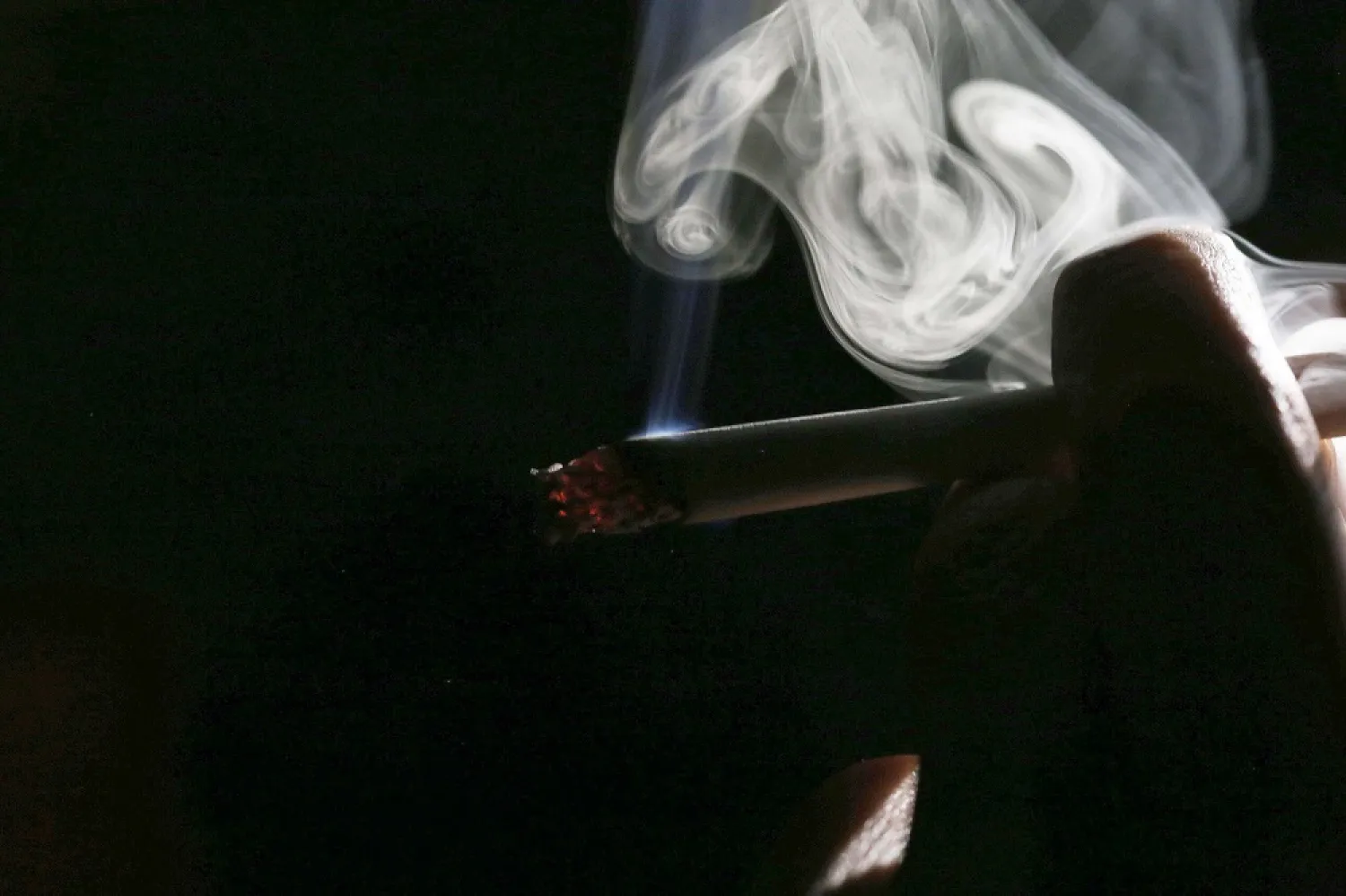In the latest wave of panic-buying triggered by the COVID-19 pandemic, South African smokers on Tuesday snapped up all the cigarettes they could lay their hands on after the lifting of a five-month ban designed to curb the spread of the coronavirus.
As part of a broader easing of restrictions, President Cyril Ramaphosa on Saturday announced the end of a ban on sales of tobacco products and alcohol, effective from midnight on Monday.
Customers, wary of shortages or future bans, bought whatever they could on Tuesday, in scenes reminiscent of panic-buying of groceries at the start of the country’s lockdown in March.
“People are not buying packets, they are buying cartons,” said an executive at a Pick N Pay Express store, who did not want to be named.
“I have a feeling that we may go back to level 3 (higher alert level), that is why I am buying a few packs,” a customer queuing at a tobacco store in Johannesburg’s Melville suburb said, again asking not to be named.
Many shoppers faced empty shelves as companies struggled to fulfil restocking orders.
In April, Ramaphosa said tobacco sales would be allowed but later changed his mind, citing concerns the sharing of cigarettes could spread the virus.
This attracted court cases from local tobacco manufacturers association FITA and international company British American Tobacco South Africa.
“If the government goes back to a higher alert level, cigarettes could be banned again and we don’t want that to happen,” said Sinenhlanhla Mnguni, Chairman of Fair-Trade Independent Tobacco Association (FITA), adding that FITA will pursue its case the ban was unlawful.
BATSA, which sells brands such as Dunhill and Lucky Strike, and Phillip Morris International, seller of Marlboro and Chesterfield, did not respond to emails seeking comment.
In a statement on Monday, BATSA urged the government to crack down on a black market in cigarettes that emerged during the lockdown.









